A Life on Guard- Interview with Jolán Ballók, Doctor of an Isolated Transylvanian Hungarian Village
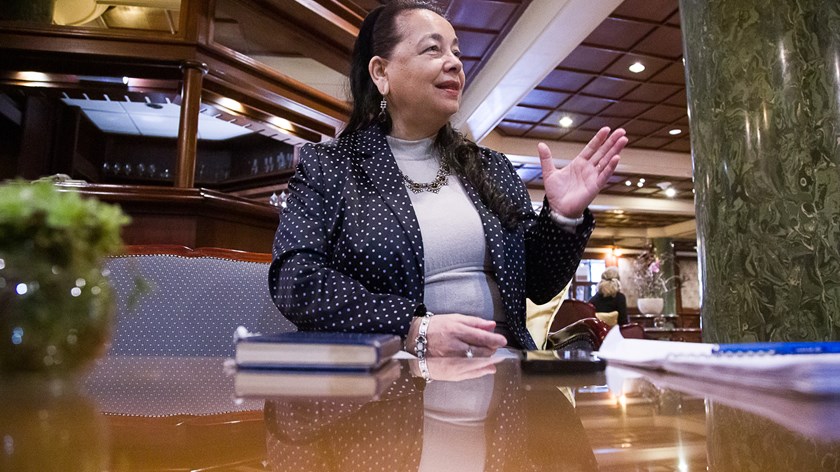
A Life on Guard- Interview with Jolán Ballók, Doctor of an Isolated Transylvanian Hungarian Village
For nearly half a century, Jolán Ballók has worked tirelessly as the doctor and pillar of a small, isolated Hungarian-majority township in Transylvania. Despite living a difficult life, Ballók, member of the Friends of Hungary Community, still always manages to find beauty in her circumstances. Her refreshing outlook is heavily reflected in her stories and anecdotes.
How did you end up in Görgényüvegcsűr?
Originally, I’m from Székelyderzs (Dârjiu), an 800-year-old traditional Székely village. I learned the most from my parents and the high school in Székelykeresztúr (Cristuru Secuiesc), a deeply conservative institution where they raised us to honor our Hungarian identity and homeland.
The medical university in Marosvásárhely (Târgu Mureș) was easier, and since I was the valedictorian, I was able to choose the only practice available in Transylvania: Görgényüvegcsűr. At that time, Hungarian medical graduates were sent to serve in Romanian-populated areas, beyond the Carpathians.
About Görgényüvegcsűr (Glăjărie)
Görgényüvegcsűr is the Görgény Valley’s last village before the mountains. This is where the valley’s only significant Hungarian community (consisting of 1500 people) sits surrounded by some 20-25000 Romanians, thus living in geographical and communal isolation. Seventy percent of the residents of the 270-year-old village are not Hungarian by blood. Instead, they are Germans, Austrians, Czechs and Italians who settled here during the Monarchy and worked as glassblowers but claimed to be Hungarians.
Have you ever thought of leaving the village or Transylvania?
No, although I would have had a lot of opportunities after 1990. For example, in 1991, I went to Switzerland for a few months. There, I was offered citizenship and maximum assistance.
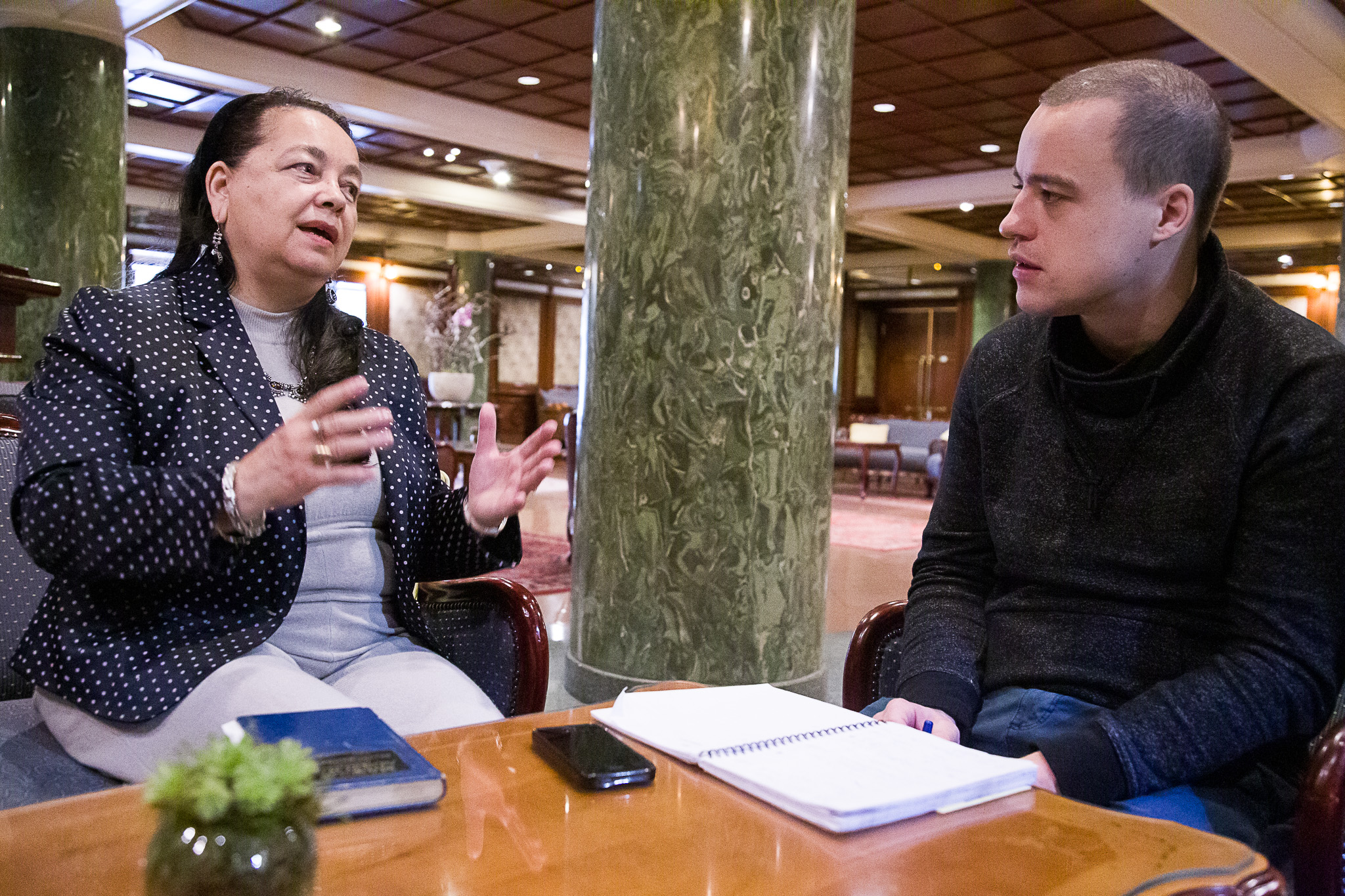
But I couldn’t leave for two reasons: the first being my education, parents and school. And the second was the almost 1500 orphaned Hungarians who could hardly speak Romanian. Who knows, maybe they would never have had a Hungarian doctor if I hadn’t stayed.
What were your biggest difficulties?
It’s a very tough job to be on guard continuously and to decide on life and death all the time. And then afterward, you have to get back on your feet somehow and regenerate because life is not just about work.
I had to do all of this while far away from everything I knew and with only a few like-minded people around. This, I think, is one of the reasons why a number of doctors struggle with alcohol addiction, for example. My ‘shelter’ was classical music. I was fortunate because I got to know the technical director of the Hungarian State Opera, Miklós Borsa. I provided regular medical supervision for his son when they came to Transylvania for vacation. ‘In exchange,’ he let me use the director’s box at the Opera house as much as I liked while in Budapest. During week-long stays, I often spent every single night there. I also had literature at my disposal.
What was the most interesting aspect of your job?
It’s very interesting that since I have been practicing here – for almost 42 years now – 1300 children have been born and “only” 1100 people have died. So the case is, and it’s quite rare, that the demographic indicator is positive.
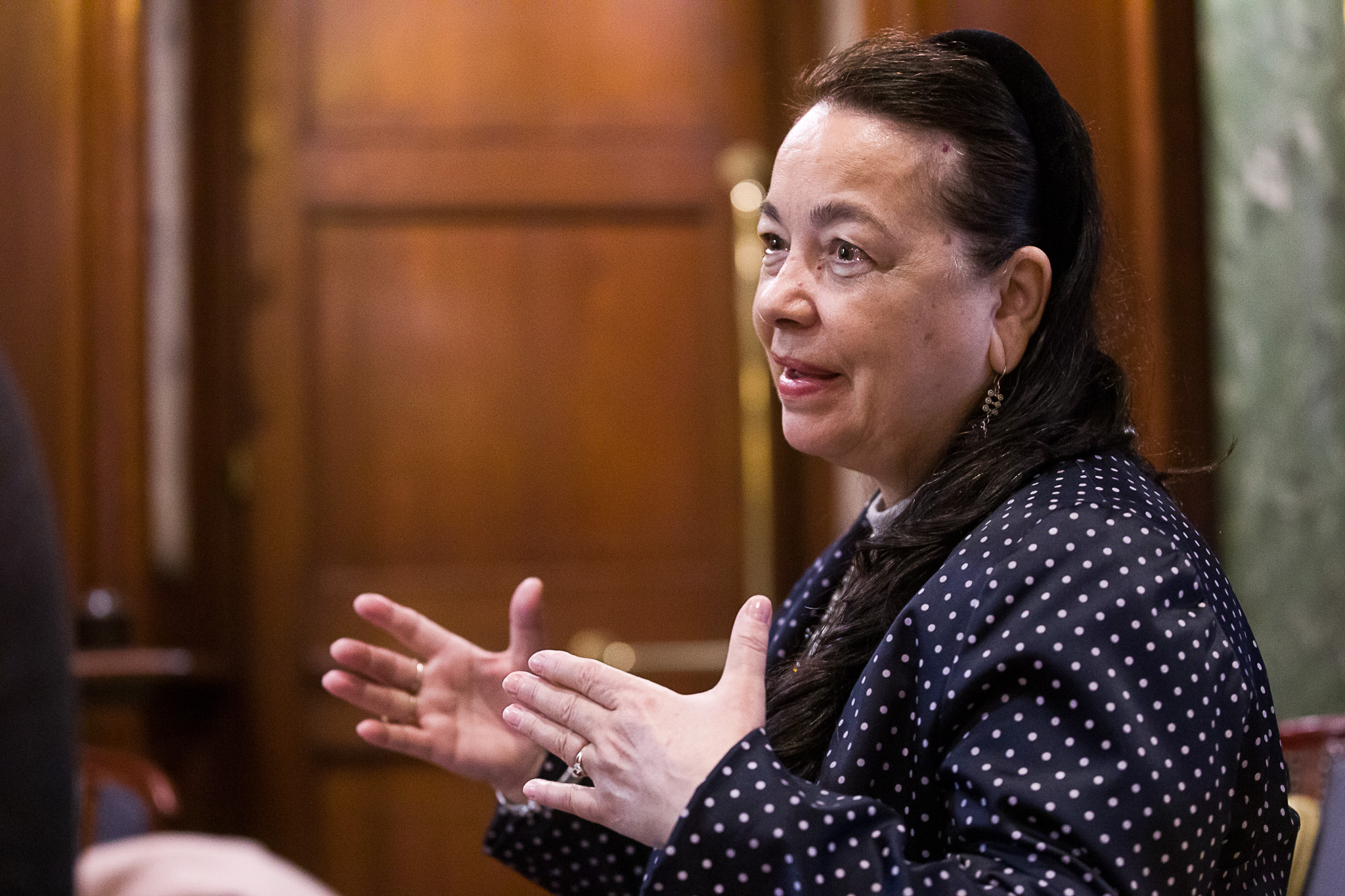
What do you think the reason for this is?
I believe there are two reasons: deep faith and proximity to nature. As a consequence, abortion has been practically non-existent. I once asked a woodsman about this. To my surprise, he replied and asked me if I had ever seen an animal killing its offspring. “How could I kill mine?” he questioned.
What was it like to practice in the mountains?
The mountains are a very different, tough world. From time to time, they have their own drama.
Once a coal-burner fell in the ‘buksa’ – a roof-shaped pile-like building where the coal is burned – from the ladder. When we managed to pull him out, he was completely, unrecognizably burned.
Then there was a case when a logger failed to return to the village after finishing his weekly work. We found him on Saturday. It turned out that the machine he worked with fell on him, and he was stuck underneath it for five days. Unfortunately, we couldn’t save his life either.
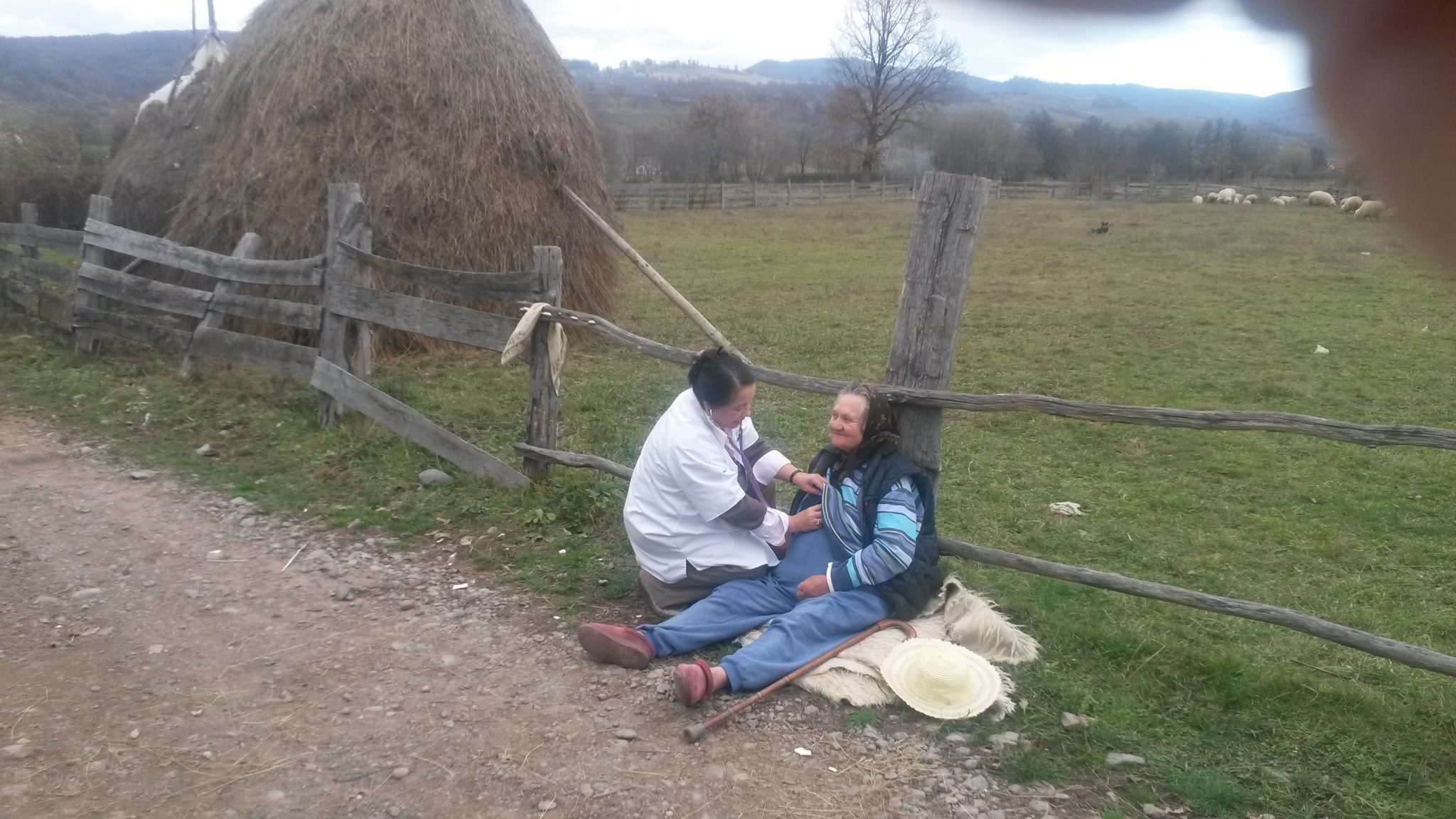
Image: Jolán Ballók.
And I will never forget when two lumberjacks had a dispute in a barn up there, and one of them literally cut the other’s head in two with an ax.
Unfortunately, due to the high number of acute deaths, there have always been a large number of orphans in the village.
I heard that the Görgény Valley was popular for a number of rulers.
Yes, the Valley is a very special, beautiful place. It has always been a popular hunting ground. Ferenc Rákóczi, Franz Joseph, Miklós Horthy and the Romanian king all had castles here. Horthy’s, for example, was set on fire just as the situation turned. And, this was one of Dictator Nicolae Ceaușescu’s favorite valleys as well.
During his time, in my opinion, both Romanians and Hungarians suffered a lot.
I met him several times when he came to hunt because, despite always bringing his entire staff, us doctors had to be on call, sometimes even in his castle.
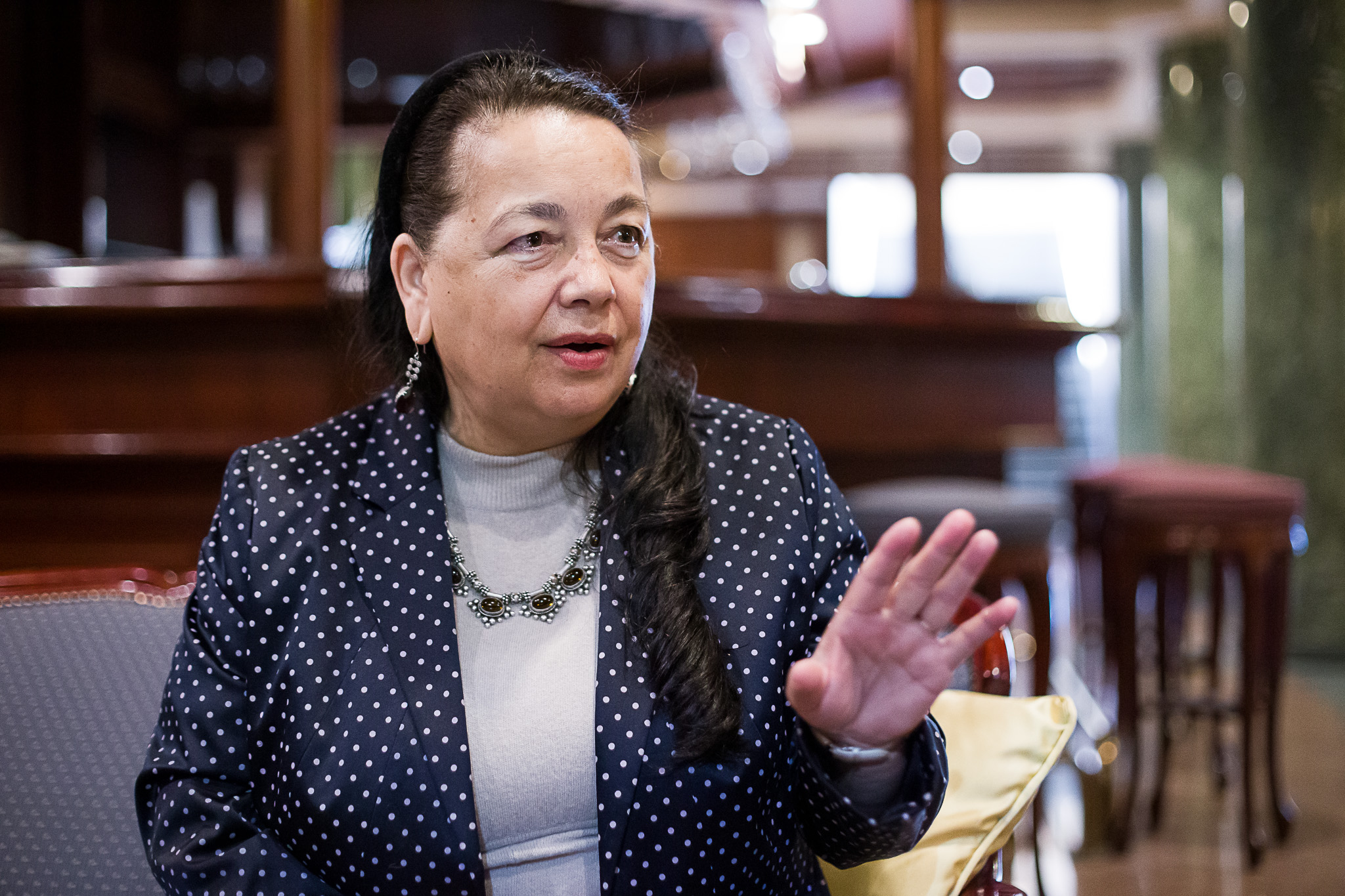
What was life and work like for the minority?
The fate of minorities has, of course, affected me too. I was always at the ‘end of the line’ when it came to renovating the offices. I was also ‘mysteriously forgotten’ when two of my Romanian colleagues in the district were given goods for their services.
But my biggest frustration came about 15 years ago when Romanian legislation made it possible for doctors to purchase their practices. I began the administration procedure well on time and the Illyés Public Foundation would have helped me with the money. With their support, I could have bought the building and probably the equipment too. However, my two Romanian colleagues in the district could not purchase theirs because those were church properties and therefore banned by law. So, at the assembly,
my purchase was voted down, with some arguing that “we shouldn’t let a Hungarian purchase his practice when a Romanian cannot purchase his.”
During Black March, a lot of Romanians reportedly arrived in Marosvásárhely (Târgu-Mureş) from the Görgény Valley. How did this affect you?
Since telephones were very rare at that time, for a long time we weren’t even aware of what was going on. Eventually, I got a report from the post office warning that people armed with axes were headed to Marosvásárhely by bus.
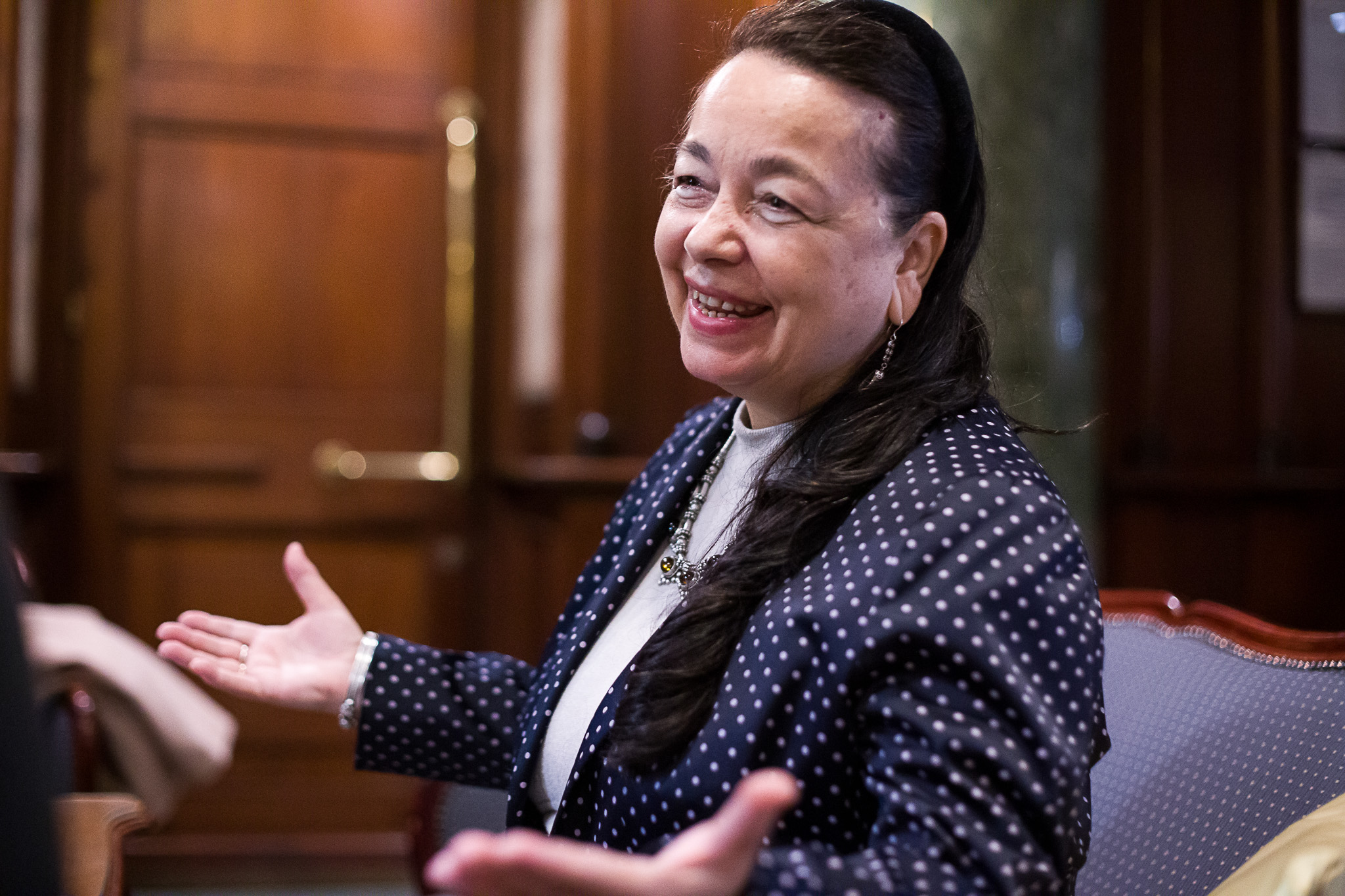
In the afternoon, our bus bound for Szászrégen (Reghin) where my daughter lived was stopped in the next village by people armed with sticks and axes.
They told the Hungarians sitting at the back to get off and said that if we didn’t, they would cut our heads off. They then lined us up at the road’s edge.
Although I had never before experienced such humiliation, fortunately, they didn’t hurt us. They just got on the empty bus and forced the driver to take them to the city. The road leading to the village was then blocked for days.
But this wasn’t everything. Only a mountain ridge separated Üvegcsűr and a nearby Romanian village, Görgényhodák (Hodac). When news came over the ridge that Hungarians were being killed in Vásárhely, the men in our village went up to the ridge to prevent a potential attack. The Romanians from Hodák, however, were afraid so they went up as well.
Fortunately, after being suspicious of one another for a few days, they eventually drank Pálinka together and went home in peace.
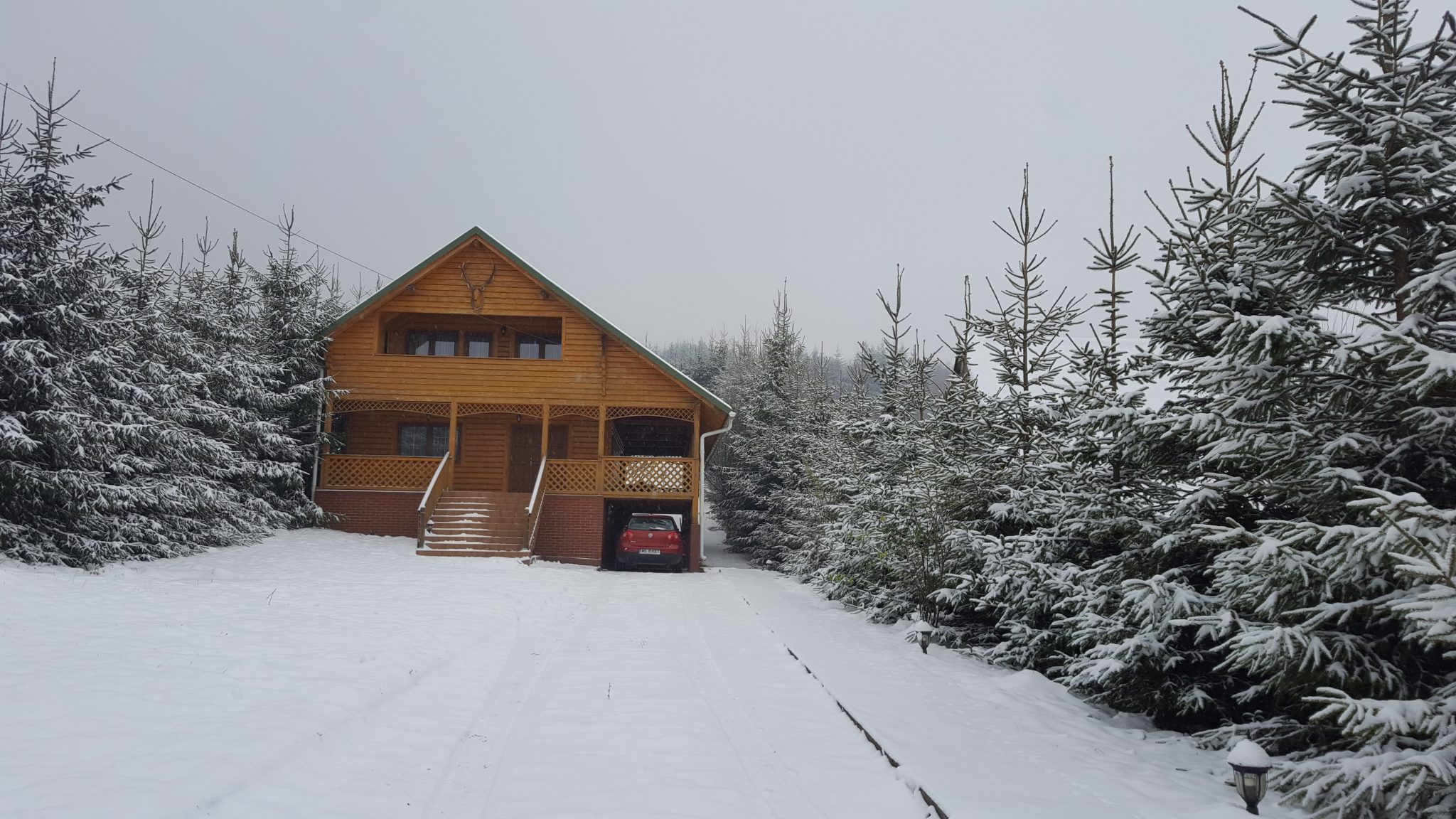
Jolán Ballók’s chalet in the woods. Image: Jolán Ballók
What is the biggest difficulty the community faces nowadays?
Considering there were no roads before the system change, conditions have improved a lot over the last five years. However, emigration and the lack of doctors are certainly disconcerting. There were times when 70% of the local men found jobs up in the mountains: woodcutting, coal burning and stone carving. But since that’s no longer the case, it’s not surprising that many have decided to seek prosperity in the West.
Who will take over your practice then?
God himself probably intervened as I finally managed to find a successor. He happens to be one of the direct descendants of Prince Bocskai. He is half Romanian, half Hungarian, speaks Hungarian fluently and isn’t a nationalist, thank God.
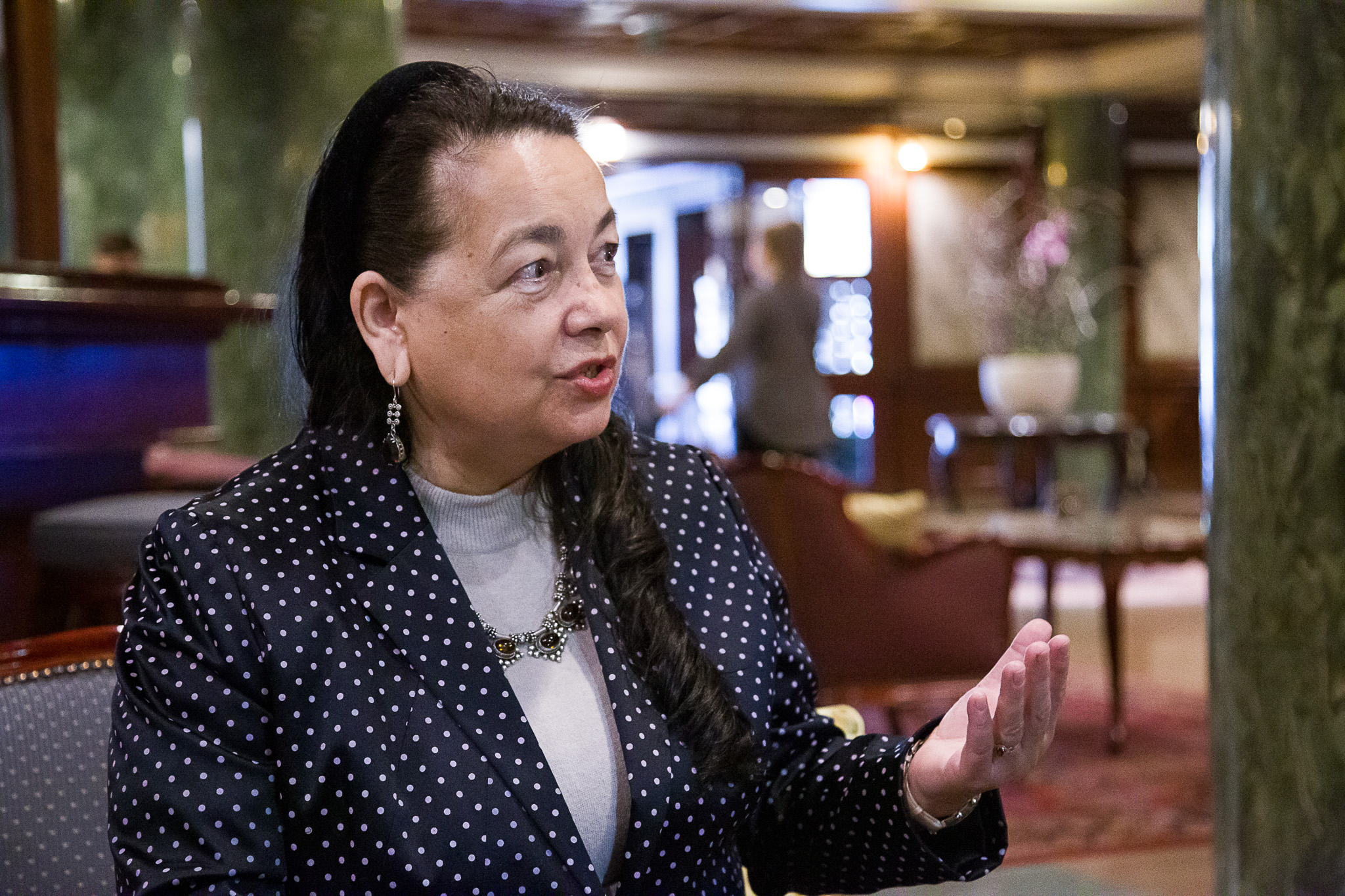
Does isolation endanger the mother tongue of local Hungarians?
There is a very good school in the village where children can learn Hungarian – for now.
What do you think about the Hungarian state’s increasing support for Hungarians beyond the borders?
Frankly, I can see why someone would feel hurt watching the Hungarian state send their tax abroad. But you know, when I got Hungarian citizenship and stepped out of the embassy in Kolozsvár (Cluj-Napoca), I called my friend and told him I wasn’t completely sure I deserved this. He said that
although you don’t pay your taxes to the Hungarian state anymore, your ancestors were taxed here for 1000 years, so now you get it back.
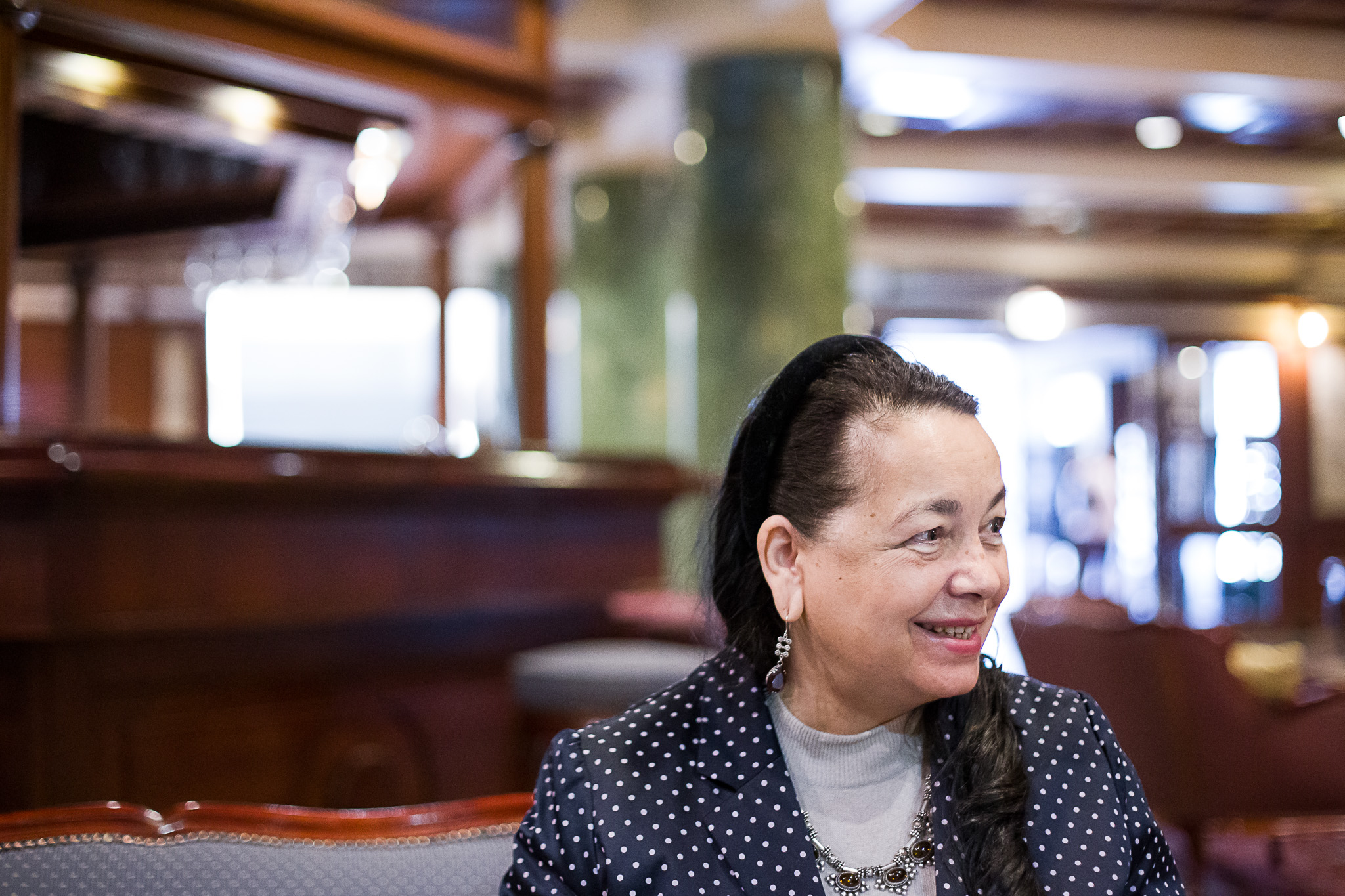
How did you get in contact with the Friends of Hungary Foundation?
I was contacted after I was awarded the Knight’s Cross of the Order of Merit of the Hungarian Republic in 2012. Anyway, I don’t think it’s a foundation anymore. It has grown into a company and community. The connections made here mean a lot to us, both in terms of protection and self-esteem.
images: Dénes Erdős/ Hungary Today